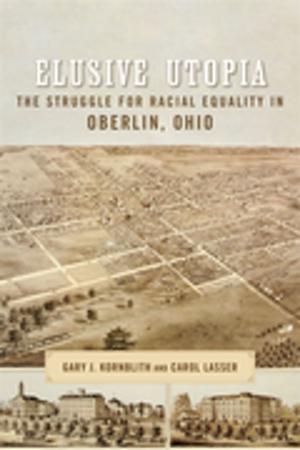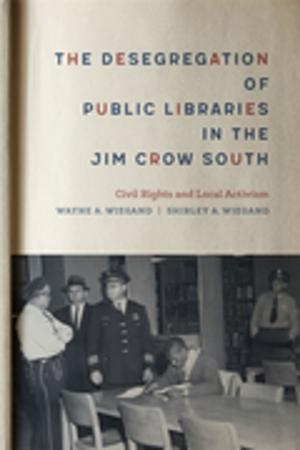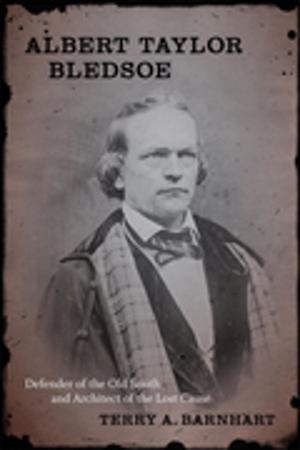Ossian Bingley Hart, Florida’s Loyalist Reconstruction Governor
Nonfiction, History, Americas, United States| Author: | Canter Brown, Jr. | ISBN: | 9780807168608 |
| Publisher: | LSU Press | Publication: | July 1, 1997 |
| Imprint: | LSU Press | Language: | English |
| Author: | Canter Brown, Jr. |
| ISBN: | 9780807168608 |
| Publisher: | LSU Press |
| Publication: | July 1, 1997 |
| Imprint: | LSU Press |
| Language: | English |
In this exceptional biography, Canter Brown, Jr., removes Ossian Bingley Hart (1821–1874)—a Unionist, the principal founder of the Republican Party in Florida, and a Reconstruction-era governor of the state—from the shadows of history. Through an examination of Hart’s life and career, Brown offers new insight into the political problems of the day—the role of Unionism in Deep South politics in particular—and enriches our understanding of the complexities of Reconstruction. Brown traces Hart’s life from his privileged childhood in the newly founded port town of Jacksonville through his service as a volunteer soldier in the Second Seminole War, his education in South Carolina, and the dawn of his legal and political career on Florida’s Atlantic frontier to his election as governor in 1872 and his premature death sixteen months later.
Brown’s multifaceted biography offers a rare glimpse at the persistence of Loyalism in the post-Civil War South and clearly illustrates the pivotal role played by both Loyalists and African Americans in southern politics of that era and how these two groups merged to resist carpetbag rule.
In this exceptional biography, Canter Brown, Jr., removes Ossian Bingley Hart (1821–1874)—a Unionist, the principal founder of the Republican Party in Florida, and a Reconstruction-era governor of the state—from the shadows of history. Through an examination of Hart’s life and career, Brown offers new insight into the political problems of the day—the role of Unionism in Deep South politics in particular—and enriches our understanding of the complexities of Reconstruction. Brown traces Hart’s life from his privileged childhood in the newly founded port town of Jacksonville through his service as a volunteer soldier in the Second Seminole War, his education in South Carolina, and the dawn of his legal and political career on Florida’s Atlantic frontier to his election as governor in 1872 and his premature death sixteen months later.
Brown’s multifaceted biography offers a rare glimpse at the persistence of Loyalism in the post-Civil War South and clearly illustrates the pivotal role played by both Loyalists and African Americans in southern politics of that era and how these two groups merged to resist carpetbag rule.















